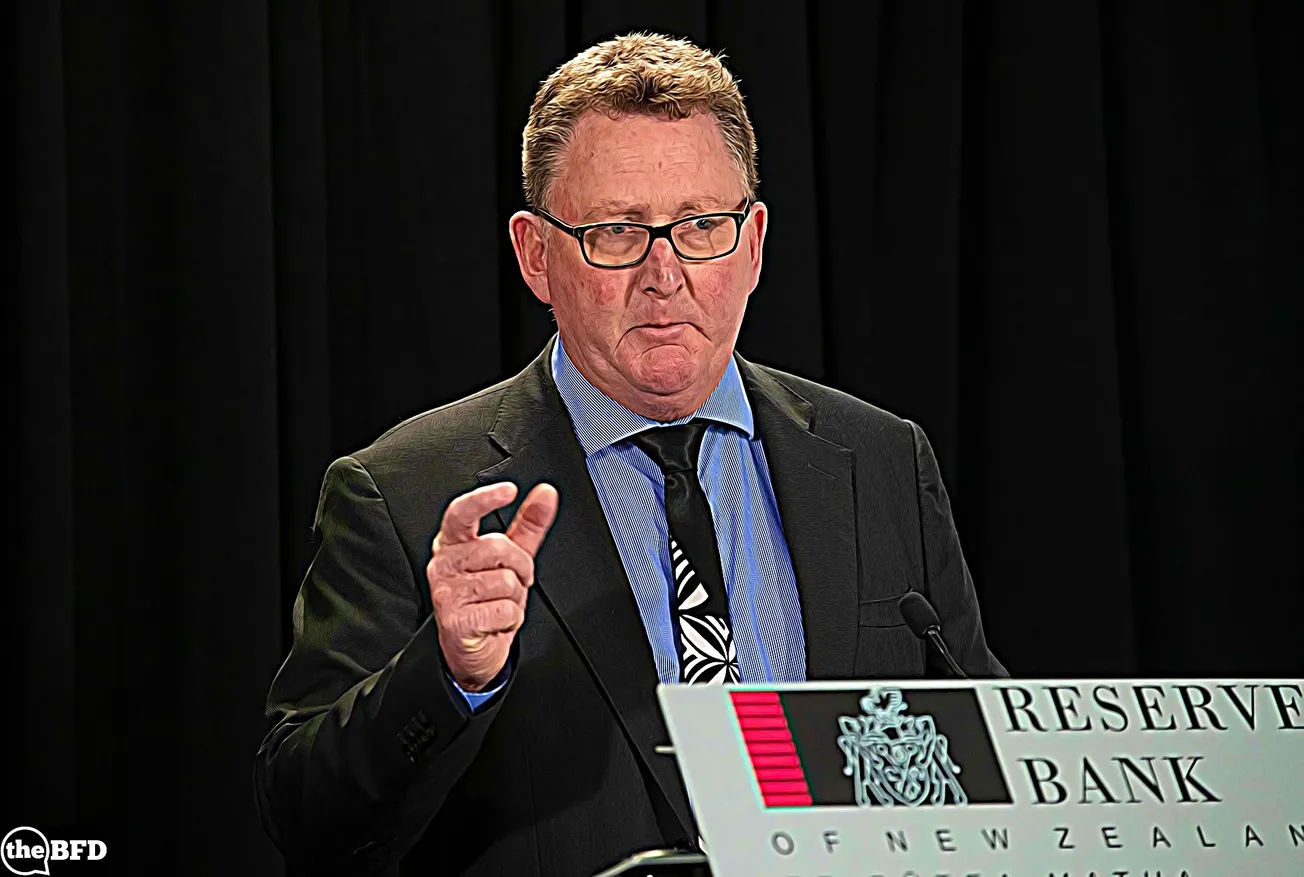Table of Contents
David Seymour
ACT Party Leader
Reserve Bank Governor Adrian Orr is verging on self parody, giving a speech to the Central Banking Summer Meetings entitled ‘Why we embraced Te Ao Maori’ amidst a cost-of-living crisis that hits Maori hardest.
Two years ago I asked Adrian Orr at select committee, won’t all this COVID money printing inflate asset prices and put home ownership out of reach of the young and poor? His answer was that they’d be grateful because they’d still have a job.
It is now clear that the Reserve Bank massively overdid its monetary stimulus. Beside massive fiscal stimulus including ongoing deficits from the Government, New Zealand is awash with cash and asset prices are through the roof.
Inflation is a wonderful thing if you are asset rich, because you get asset richer. If you are young, poor, and have fewer assets, then inflation just means your future gets further away, tail lights blinking into the distance, while your cost of living rises by the month.
Maori are the young and poor population most affected by inflation. Maori home ownership is 47 per cent, compared to 71 per cent for European New Zealanders. That is in part because Maori are younger, with a median age of 26 versus 37 for the whole population.
Since COVID struck, since I asked Adrian Orr about inflation and equity, the average house price has risen from $612,000 to $875,000. That’s $263,000 of capital gain, or 43 per cent capital gain in just over two years.
Adrian Orr as a central banker has presided over horrendous inflation, that has hammered young and poor New Zealanders without assets. It has probably hammered Maori the most. That fact makes Orr’s rhetoric so galling.
He starts out explaining human arrival in New Zealand before relieving us all with the line “I’m going to take licence and again skip forward to the present…” because, mercifully… “the history of our indigenous people and the impact of colonisation is far more significant than I could ever summarise in this short session.”
Orr goes on in his speech with tediously strained and unnecessary metaphors such as “The Reserve Bank is akin to the being Tane Mahuta of New Zealand’s financial landscape… The money we print and circulate for New Zealand is the sap that flows through Te Putea Matua.”
On he goes, “An important start for our work is to honour Te Tiriti o Waitangi – the Treaty of Waitangi – in the English and reo Maori versions.” So much for the fact that monetary policy is in turmoil globally and New Zealand’s problems are as large as any.
Thankfully, “We also offer training opportunities for all staff on Te Tiriti, have staff forums, and celebrate events and speakers important in a Te Ao Maori world view. We have made a bold start.”
In the middle of a cost of living crisis that hits Maori hardest, the Reserve Bank Governor is giving speeches about why the Reserve Bank is embracing te ao Maori. If it were not so serious, it would be quite amusing.









